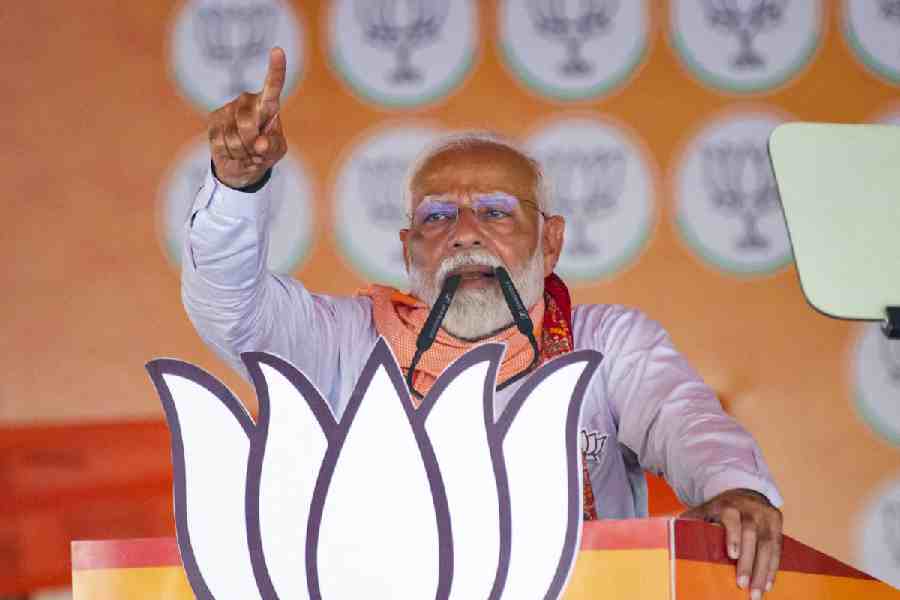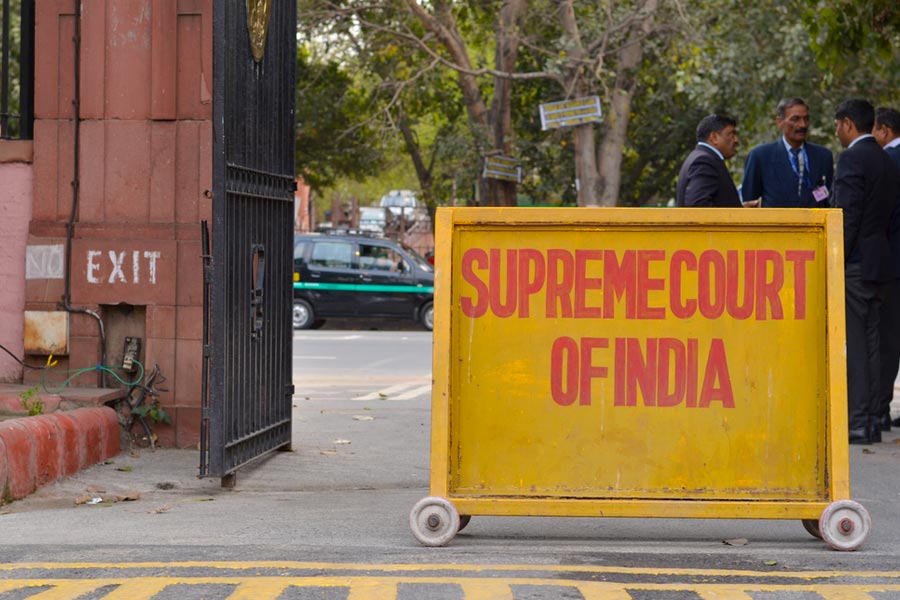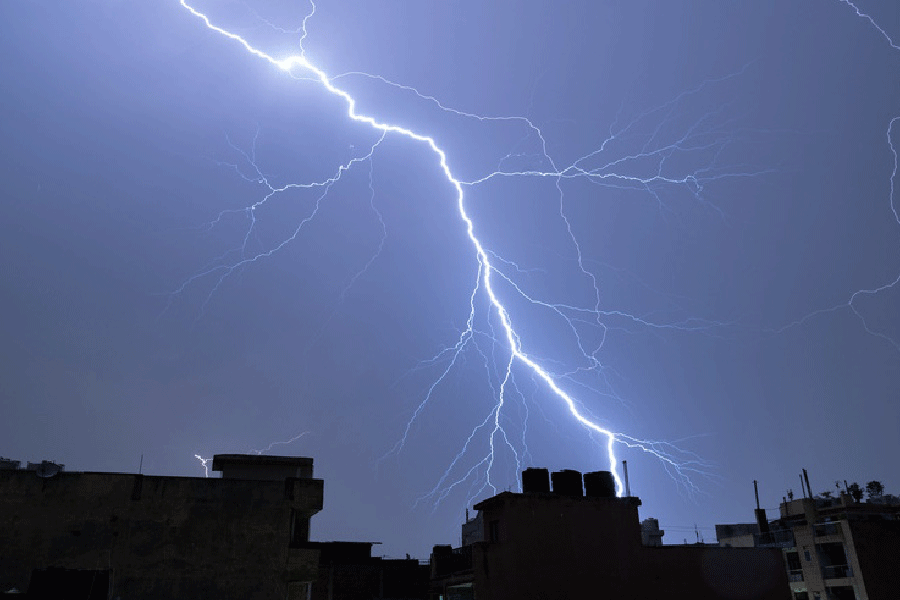The Supreme Court’s e-committee has released “draft model rules” for the live-streaming and recording of court proceedings and invited feedback and suggestions from the public.
Once live-streaming starts, people would be able to watch the proceedings of any court, including the apex court and the high courts, on their electronic gadgets from anywhere in the country.
Certain sensitive cases like rape and matrimonial disputes will not be live-streamed, however, while live-streaming in certain cases may be restricted to the final arguments.
The proceedings to be excluded from live-streaming are:
⚫ Matrimonial matters including petitions to transfer such cases from one court to another.
⚫ Cases of sexual offences.
⚫ Cases of gender-based violence against women.
⚫ Cases of sexual abuse of children and juvenile justice case.
⚫ In-camera proceedings and matters relating to the national interest.
⚫ Matters where the bench believes — with the reasons stated in writing — that publication would hinder the administration of justice.
⚫ Cases that the bench believes may provoke enmity among communities and affect law and order.
⚫ Recording of evidence, including cross-examinations.
⚫ Privileged communication between the parties and their advocates, cases where a claim of privilege has been accepted by the court, and non-public discussions between advocates.
⚫ Any other matter in which the bench or the chief justice has issued a specific direction against live-streaming.
The live-streaming will enable people to watch court proceedings on matters of public interest and benefit journalists, civil society, academics and law students who are unable to physically attend court because of geographical, logistical or infrastructural reasons.
The court master or reader will inform the parties right at the start that the proceedings would be live-streamed and that they must tell the bench about any objections they might have.
Such objections can be raised as early as the time of the institution of the case or at a later stage. The bench will take the final decision, guided by the principle of an open and transparent judicial process. Its decision cannot be judicially challenged.
The move for live-streaming is a joint exercise between the Supreme Court and the Union law ministry under the National Policy and Action Plan for implementation of Information and Communication Technology in the Indian Judiciary.
Justice D.Y. Chandrachud, senior Supreme Court judge and chairperson of the e-committee, had earlier written to the chief justices of all the high courts seeking suggestions on the draft model rules.
His letter had said the right of access to justice, guaranteed under Article 21 of the Constitution, encompassed the right to access live court proceedings.
A sub-committee of judges from the Bombay, Delhi, Madras and Karnataka High Courts, formed to draft the live-streaming rules, had held extensive discussions.
It considered the principles the apex court had enunciated in Swapnil Tripathi v Supreme Court of India (2018), covering issues of the litigants’ and witnesses’ privacy and confidentiality, business confidentiality, prohibition or restriction of access to proceedings or trials stipulated by central or state legislation, sensitivity of cases and the need to preserve the public interest.
The draft model rules are available on the e-committee website https://ecommitteesci.gov.in/document/draft-model-rules-for-live-streaming-and-recording-of-court-proceedings.
Suggestions can be emailed to ecommittee@aij.gov.in by June 30, a law ministry release said.










